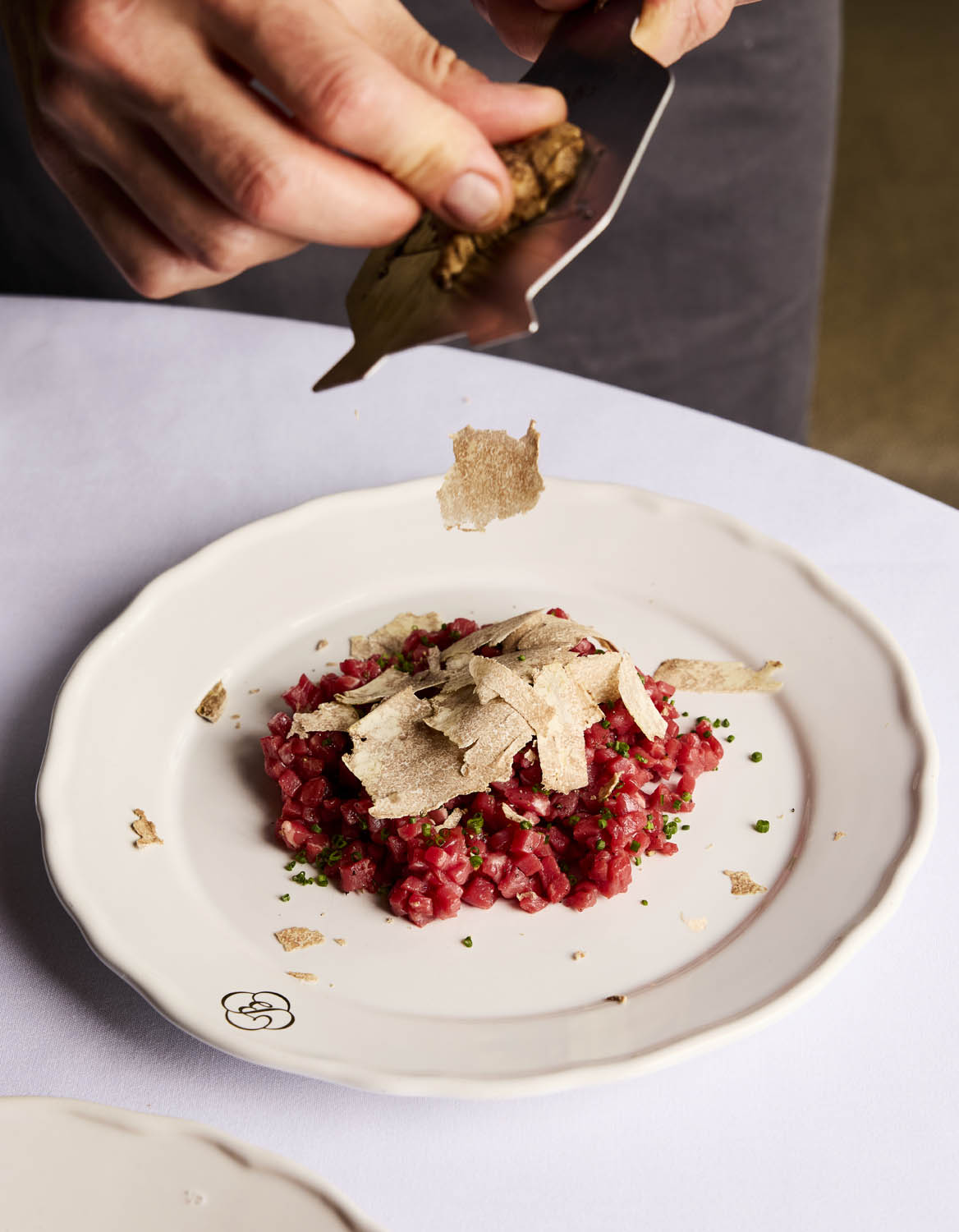Super-premium vodka sales hit buffers
Super-premium vodkas have peaked according to the results of 2015’s Power Brands Survey, which were unveiled yesterday.
The survey, which ranks the world’s 100 most powerful wines and spirits, has historically shown sharp sales rises in top-end vodkas from Grey Goose to Ketel One, but this year it highlighted that such brands were beginning to mature.
“I think we are seeing the end of growth in super-premium vodka,” commented Stuart Whitwell, director at Intangible Business, which compiled the survey in partnership with the drinks business.
“Cîroc, Grey Goose and Ketel One have matured – these super premiums have all come to a plateau; they have reached their zenith,” he added.
Their growth was predominantly driven by the demand in the US market, where consumers appear to be shifting to brown spirits such as Bourbon, particularly flavoured variants, as well as spiced rum and Irish whiskey, which, as reported by db yesterday, are also stealing sales from Scotch.
Furthermore, slightly cheaper premium vodkas also appear to be facing a slowdown in sales.
“Absolut has hit the runners,” stated Whitwell, noting that its volume sales have been declining in the key US market. Indeed, despite brand owner Pernod Ricard’s attempt to increase sales of this premium vodka in other markets, overall, Absolut lost a little more than 200,000 cases in 2014.
Commenting further on the trend, Spiros Malandrakis, alcoholic drinks analyst at Euromonitor International said that problems in Russia and a diminishing interest in flavoured vodka were affecting the category.
“Vodka is definitely losing the race against other spirits due to massive declines in vodka sales in Russia and a stagnation in demand for over-the-top flavours in the US,” he said.
Continuing, he explained, “Vodka went overboard with flavour innovations and people are no longer really trusting vodka propositions at the moment, whether it’s new flavours or anything from the big [vodka] brands.”
Partner Content
Finally, it was notable that top-end Tequila also appears to be suffering, which was best illustrated by the plateauing sales of former rising star Patrón.
“Patrón is leveling off, and it was one of our fastest risers in the survey a few years ago,” recorded Whitwell.
“I think the US has had enough of Tequila, otherwise Patrón would still be growing,” he added.
Concluding, looking at the recent strategy of Diageo, the world’s biggest premium spirits company, Whitwell said that this group may have been wrong to invest in upmarket Tequila.
In November last year, Diageo took full control of the Don Julio Tequila brand, which was a joint venture with the Beckmann family of Mexico.
In return, the Mexicans got Bushmills, the third largest Irish whiskey, and paid Diageo $408 million to balance the transaction.
However, Whitwell remarked, “I think Diageo may have backed the wrong horse – it got rid of Bushmills when Irish whiskey was growing like hell and swapped it for a super-premium Tequila, which still needs to be developed.”
You can read more about the survey as well as find out last year’s top 10 most powerful drinks brands here.




